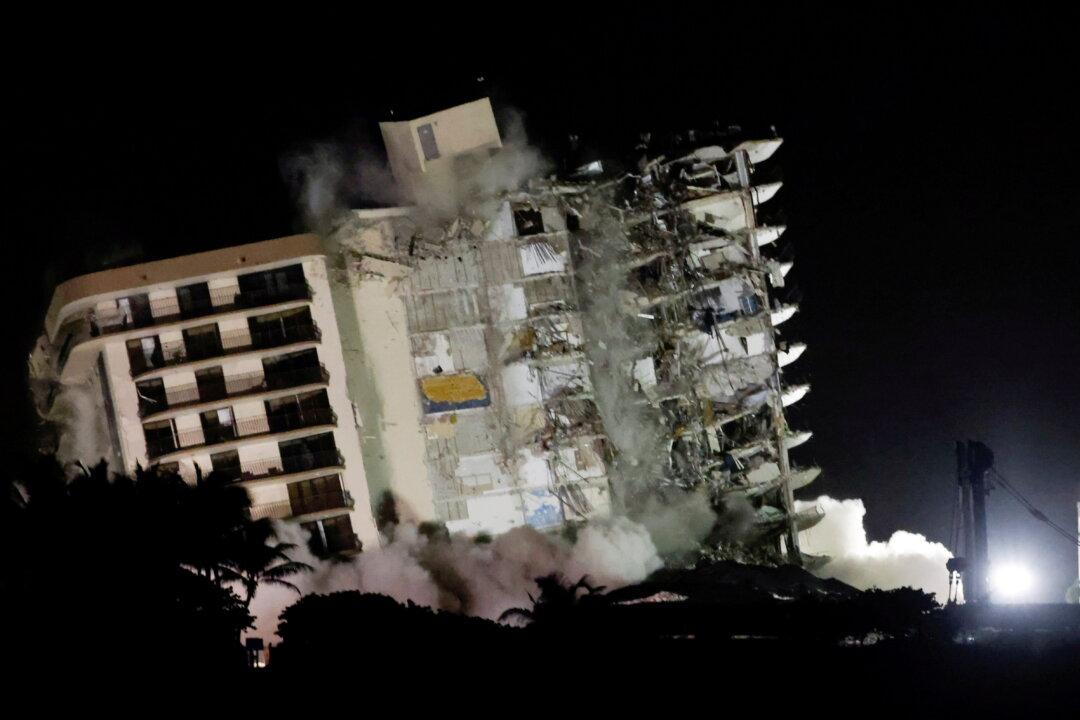Commentary
What do we learn from the story of the Three Little Pigs? One of them built his house out of straw, the other of wood, and the third, the smartest, did so out of brick. Then, when the Big Bad Wolf came a-calling, huffing and puffing and trying to blow their houses down, only the latter survived.





